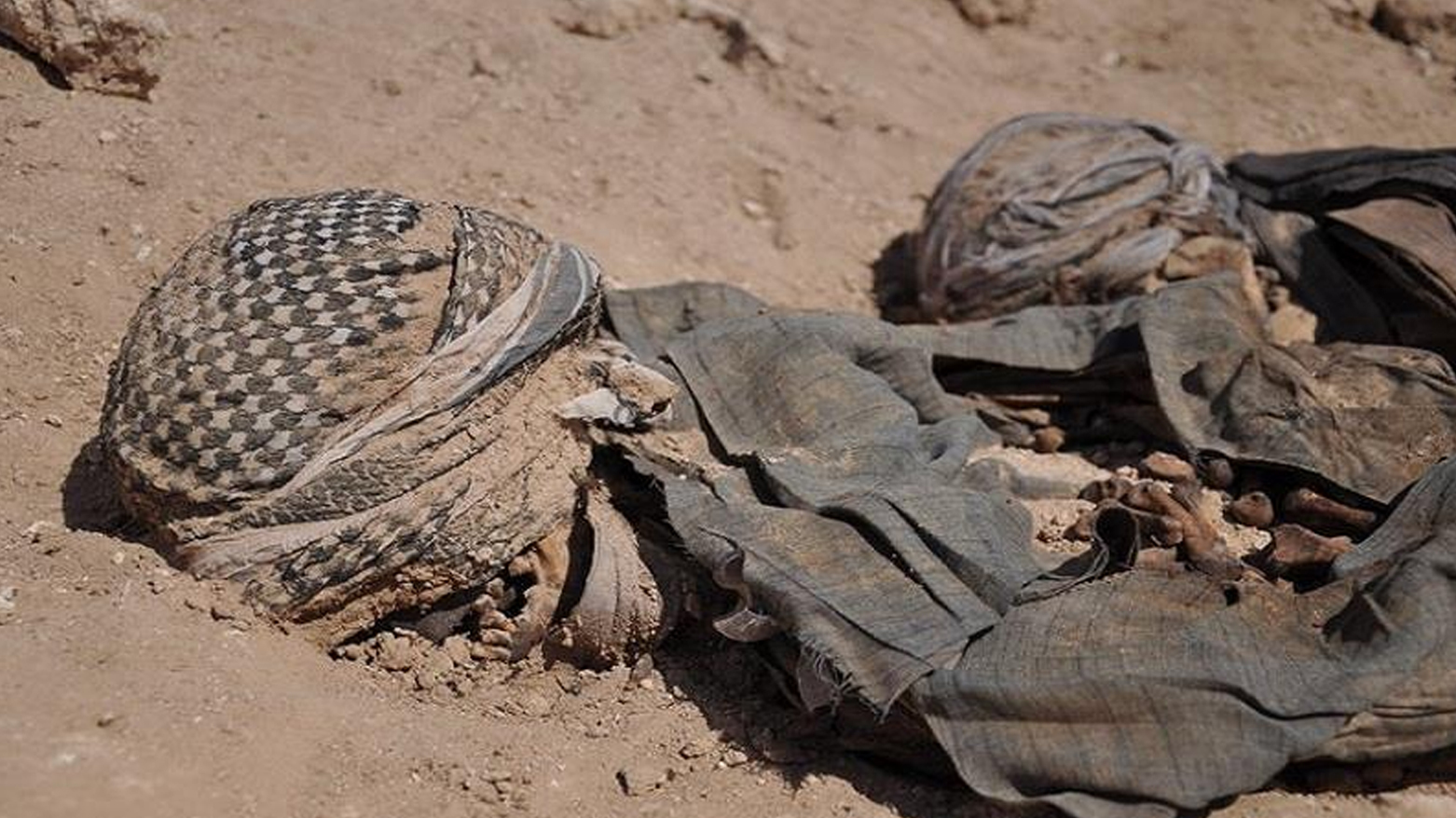36 Years On: Unhealed Wounds of Badinan Anfal
The Iraqi government, as the heir to the Ba'athist regime, has not fully implemented Article 132 of the constitution, which mandates compensation for the victims and their families, perpetuating the suffering of those affected by the Anfal genocide.

ERBIL (Kurdistan 24) - The 36th anniversary of the Badinan Anfal serves as a solemn reminder of the brutal campaign waged by the Ba'ath regime, resulting in the massacre of over 14,000 innocent civilians in Duhok province and Zakho independent administration.
The Anfal campaign remains an open wound in the collective memory of the Kurdish nation, a testament to the former Iraqi government's genocidal policies and its relentless efforts to eradicate Kurdish identity.
On August 25, 1988, the Ba'athist regime unleashed its wrath on the villages of Mount Gara, subjecting them to relentless bombing and chemical attacks. The picturesque villages of Spidar on the outskirts of Mount Gara, Bawerka, Kevre, Meze, Spindar, Garago, Zeweshkan, Zarke, Sartke, Suware, Avok, and countless others were scarred by the horrors of war.
In the early hours of August 25th, airstrikes targeted the villages of Burjin, Hesi, Kharabiya, and Yakmala in the Zawita and Barwari districts, situated across the Khabur River. While the bombing caused destruction, the impact was less severe compared to a chemical attack. This is attributed to the Peshmerga's prior dissemination of awareness and preventive measures. However, the attacks resulted in the loss of livestock, damage to gardens, and the contamination of farmland due to toxic gases.
The Badinan Anfal, spanning from August 25 to September 6, 1988, encompassed a vast region along the Iraq-Turkey border and the depths of Duhok province. 76 different regions saw the brutal Anfal campaign and nearly 700 villages in Zakho, Shekhan, Amedi, Akre, Semel, and the centre of Duhok province were destroyed. Official Ba'athist documents reveal the involvement of the 5th Regiment of the Iraqi Army and other military units in this systematic genocide.
The human cost was devastating. According to records, 13,553 individuals were arrested and disappeared, while hundreds more were martyred or injured in the bombings and chemical attacks. The total number of victims is estimated to be over 14,000, including 3,373 women and 6,964 children. Additionally, 1,500 people remain missing, and 85,000 were displaced from their homes, many seeking refuge across the border in North Kurdistan and Turkey.
Tragically, the Turkish government initially refused to provide shelter to the fleeing refugees, and some were even handed back to the Ba'athist regime. Those who managed to cross the border faced dire conditions, denied access to humanitarian aid and media scrutiny, while some were allegedly poisoned in a joint act of cruelty by Ba'athist and Turkish officials.
The Anfal campaign targeted not only Kurds but also Christian villagers in the region. Their villages were bombed, burned, and destroyed, forcing residents to flee or face arrest and deportation to the Anfal collection center in Mosul. It was reported that some 152 were killed, most of whom belonged to the Meze village in Sarsing district, Kosa Village in the Doski areas, Kani Belav in upper Barwari, Bash village, Qaro in Nerweyi area, and Derkish in Amedi district.
During the Anfal campaign in Badinan, chemical weapons were used against civilians alongside military attacks involving air force, artillery, and tanks. This campaign indiscriminately targeted all residents of the region, regardless of their ethnic or religious backgrounds.
Mosques, churches, and Yezidi temples, which had coexisted peacefully for over a century, were destroyed in this systematic campaign of annihilation.
The Iraqi government, as the successor to the Ba'athist regime, has yet to fully implement Article 132 of the constitution, which mandates compensation for the victims and their families.
This failure to acknowledge and redress the crimes of the past continues to perpetuate the suffering of those affected by the Anfal genocide.
The 36th anniversary of the Badinan Anfal serves as a poignant reminder of the Kurdish people's resilience and their ongoing struggle for justice and recognition.
The memory of the victims and the scars left by the Anfal campaign remain deeply etched in the hearts of the Kurdish people, demanding accountability and a commitment to ensuring that such atrocities are never repeated.